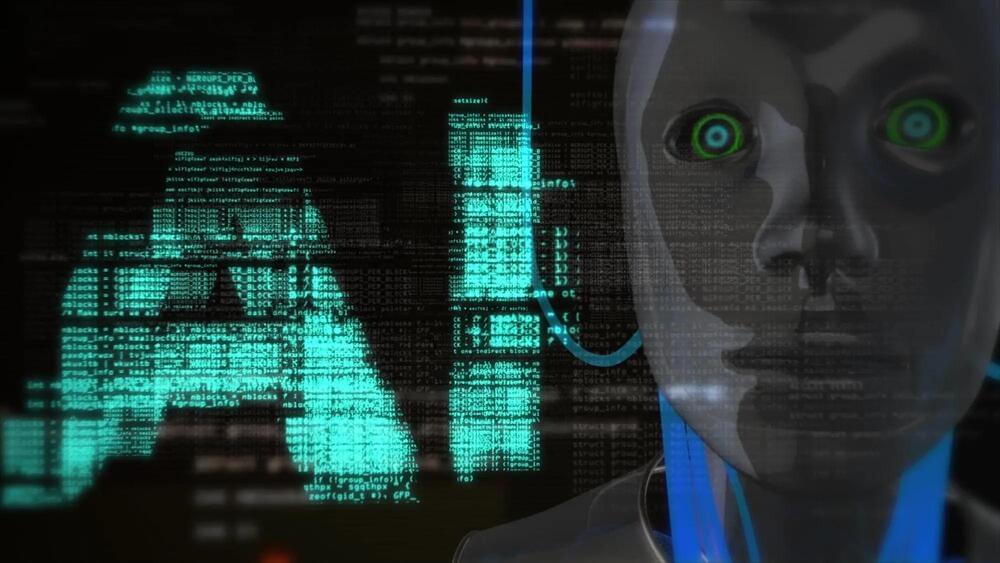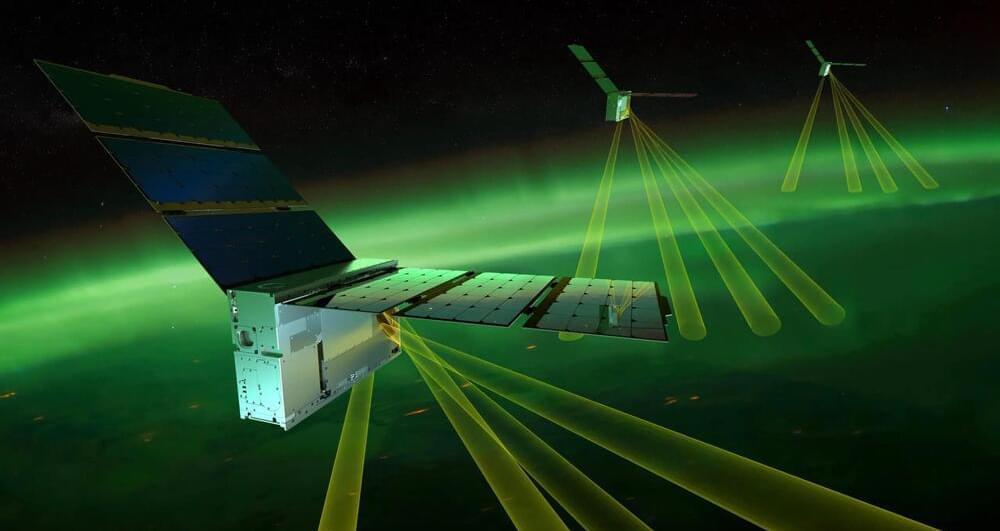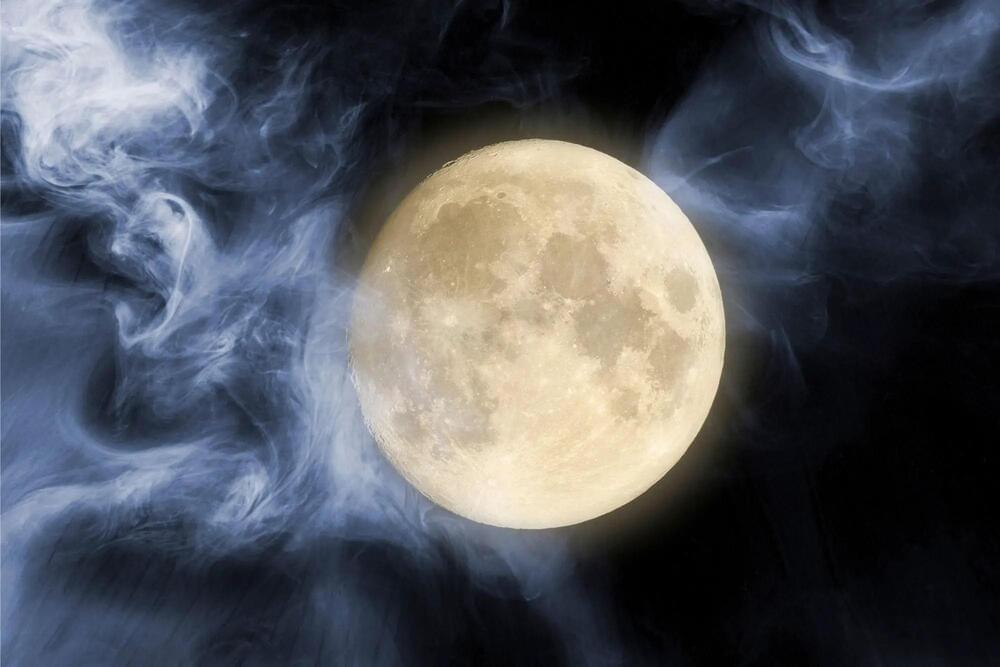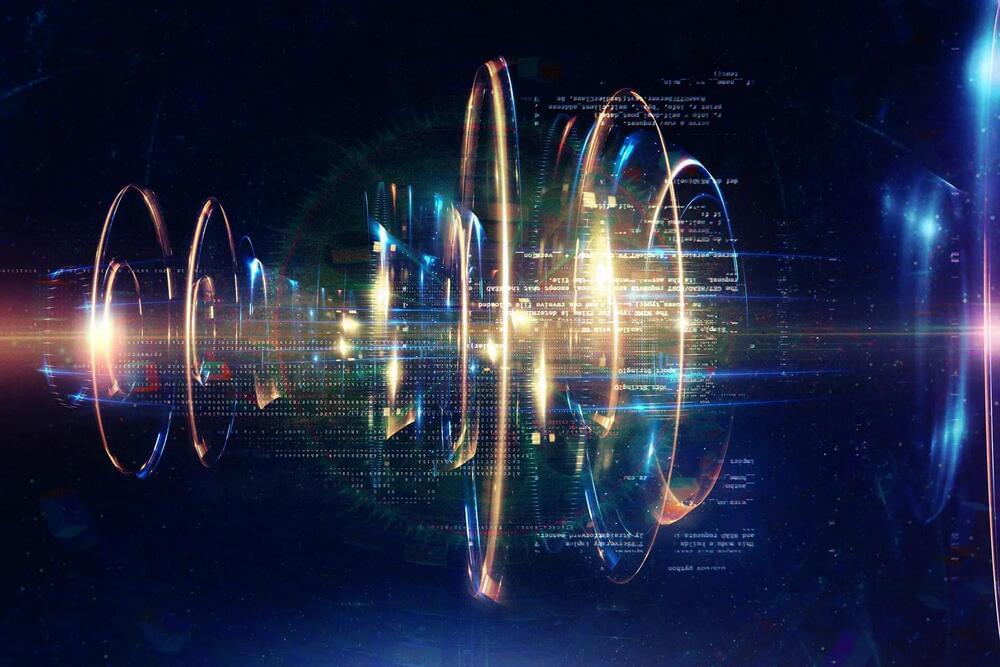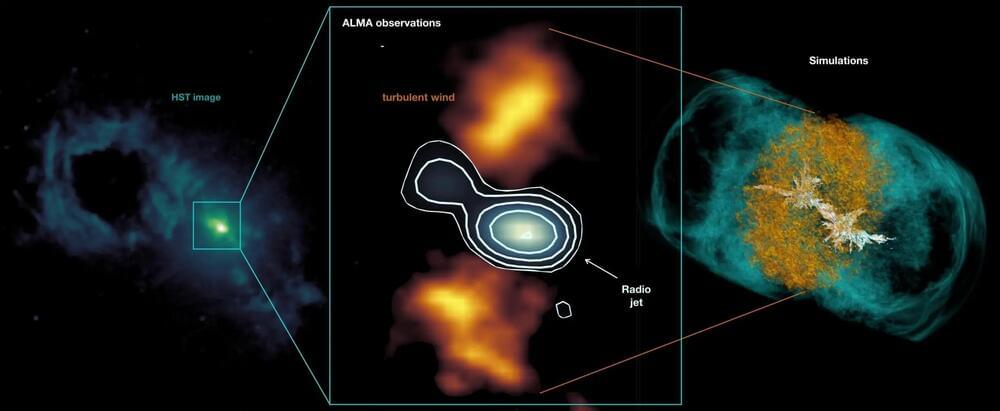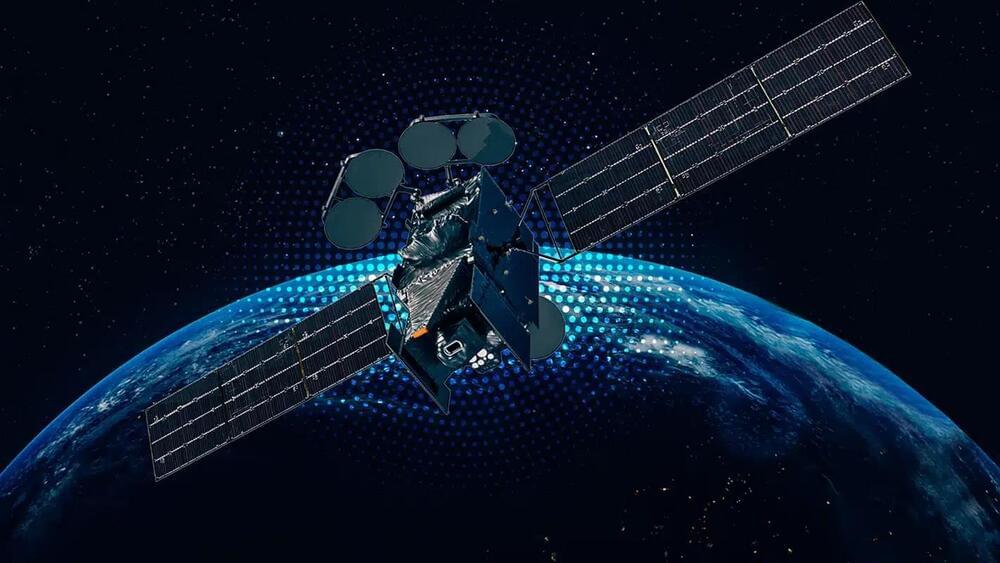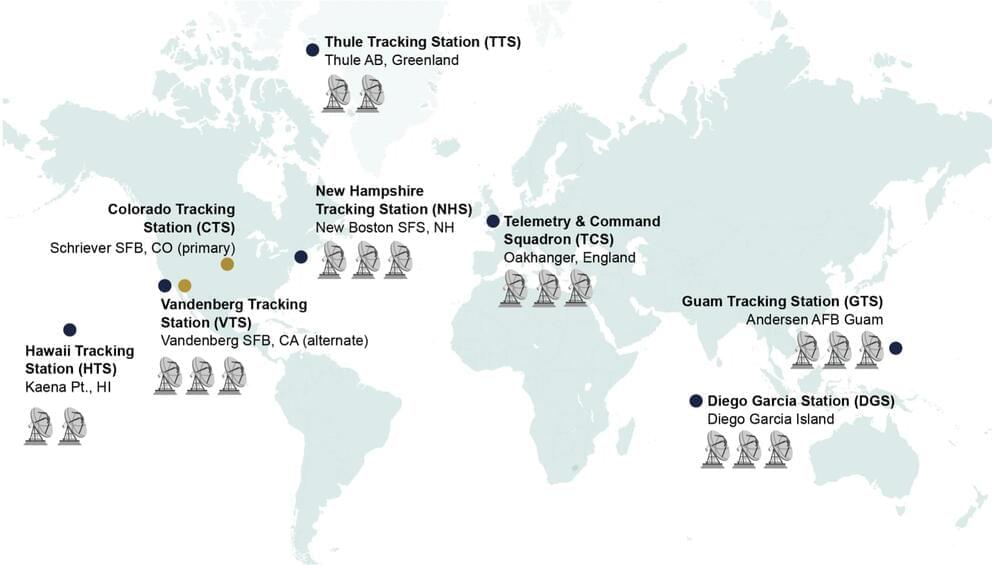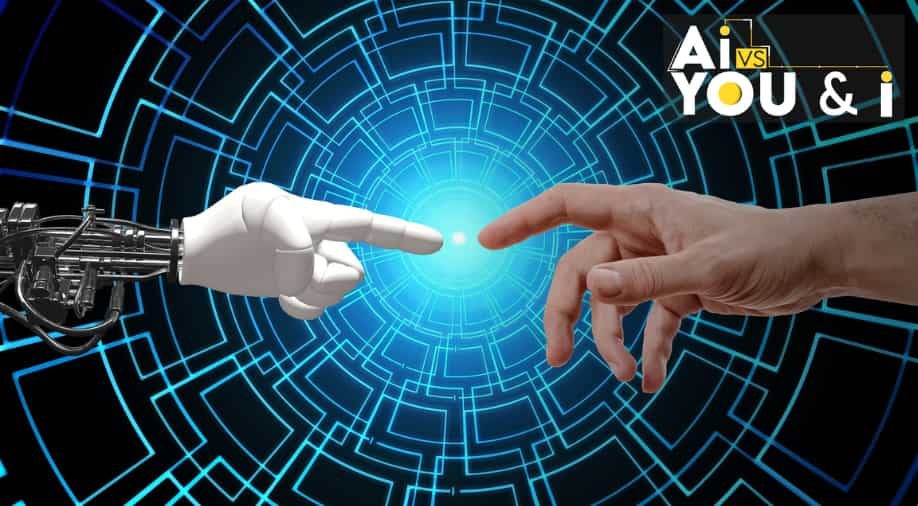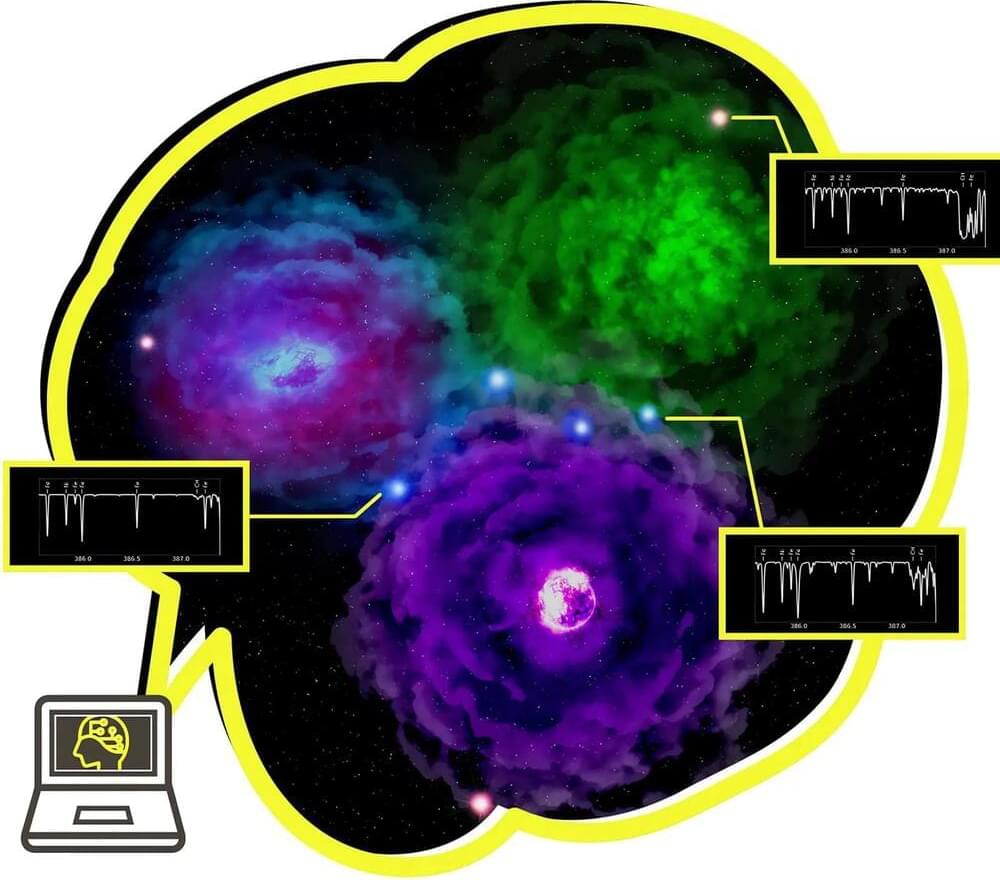
Using artificial intelligence, an international team analyzed the chemical composition of extremely metal-poor stars, finding that the first stars in the Universe were likely born in groups rather than individually. This method will be applied to future observations to better understand the early Universe.
An international team has used artificial intelligence to analyze the chemical abundances of old stars and found indications that the very first stars in the Universe were born in groups rather than as isolated single stars. Now the team hopes to apply this method to new data from on-going and planned observation surveys to better understand the early days of the Universe.
After the Big Bang, the only elements in the Universe where hydrogen, helium, and lithium. Most of the other elements making up the world we see around us were produced by nuclear reactions in stars. Some elements are formed by nuclear fusion at the core of a star, and others form in the explosive supernova death of a star. Supernovae also play an important role in scattering the elements created by stars, so that they can be incorporated into the next generation of stars, planets, and possibly even living creatures.
